Climate change could spell ‘extreme poverty’ in coastal NZ towns
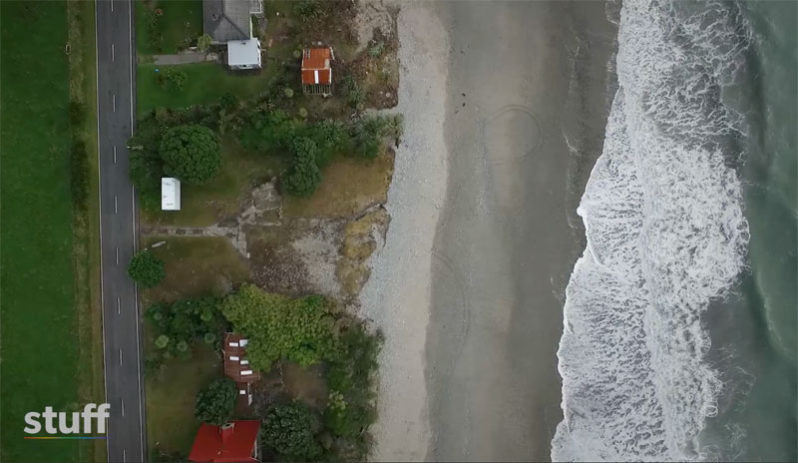
Along New Zealand’s West Coast, the shoreline has been eroding for many years, the relentless sea moves closer by the day. Now the Tasman sea has snuck into some of the beach-front properties. With rising sea levels and more intense storms likely because of a warming climate, parts of Granity will become uninhabitable.
Sea Level Rise Will Reshape U.S. Population In All 50 States
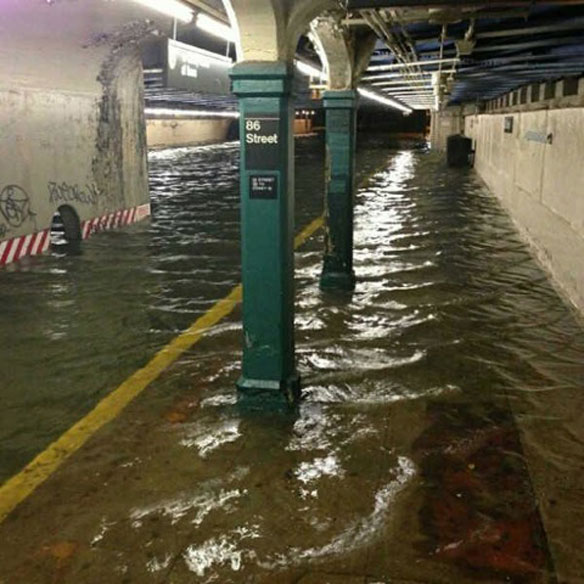
Sea level rise could cause mass migrations that will affect not just the United States’ East Coast, but reshape communities deep in the heart of the country, according to new research published in the journal Nature Climate Change this week.
When rising seas transform risk into certainty
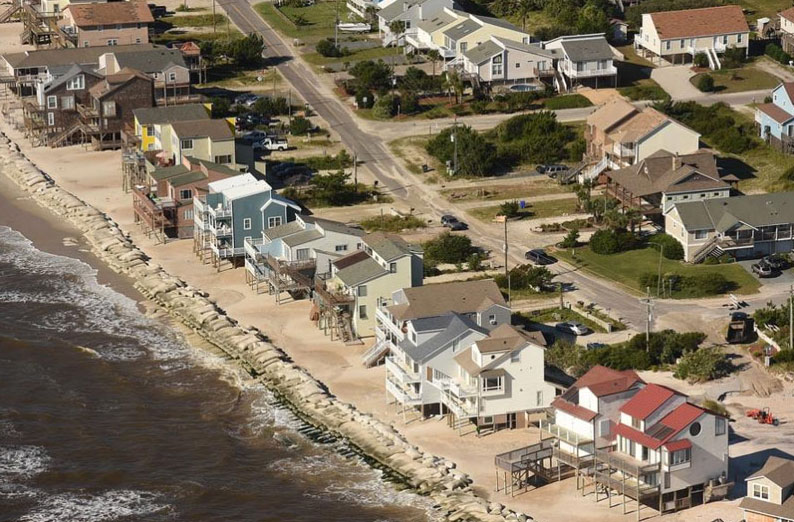
Along parts of the East Coast, the entire system of insuring coastal property is beginning to break down.
Warning from IDB expert: Trinidad is shrinking
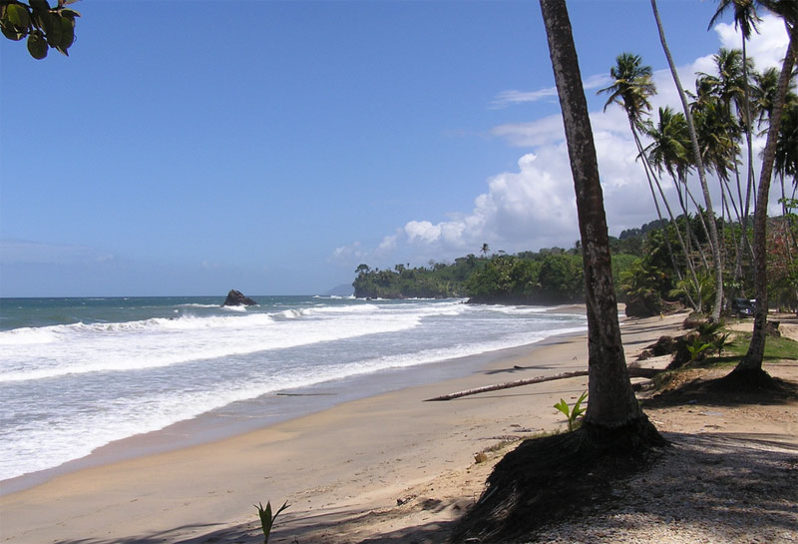
Trinidad is shrinking and changing as it becomes increasingly vulnerable to storms, flooding and other natural disasters which cause coastal erosion and the retreating of the shoreline. In Columbus Bay, in West Trinidad, the coastline has retreated by 150 metres since 1994, losing 6.5 hectares of land.
As China’s Mudflats Disappear, Shorebird Populations Rapidly Decline
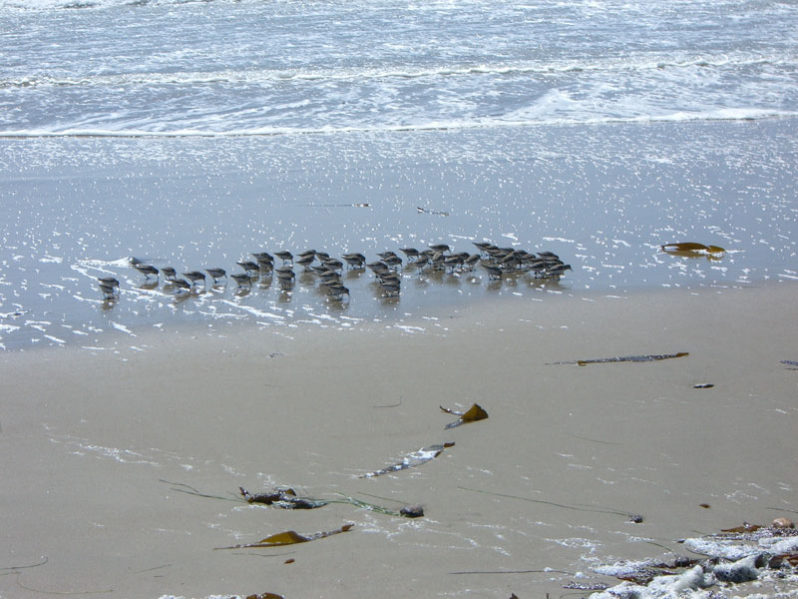
Populations of some migratory shorebirds are declining by as much as 8 percent per year as mudflats in the Yellow Sea between China and South Korea disappear due to rising sea levels and infrastructure projects, according to new research.
Miami’s fight against rising seas

In the battle against rising seas, Florida – which has more to lose than almost anywhere else in the world – is becoming ground zero.
Disappearing Beaches: Modeling Shoreline Change in Southern California
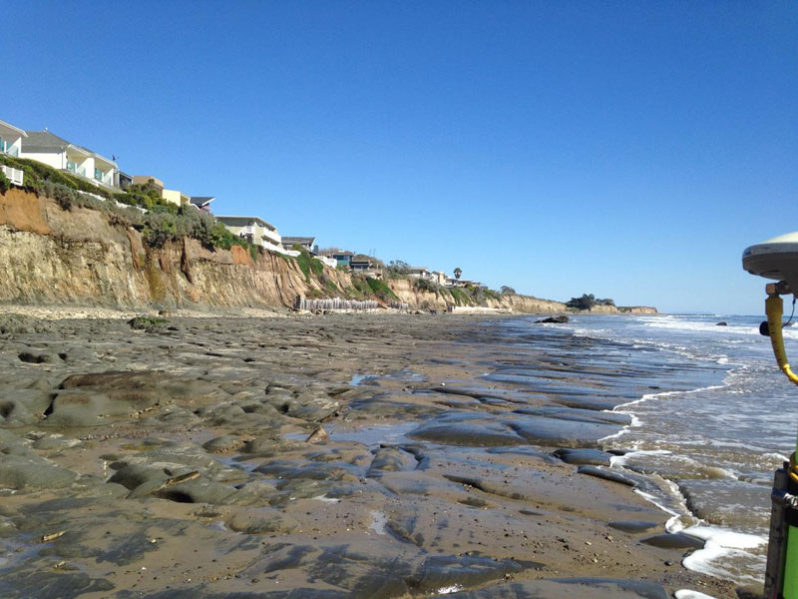
Using a newly-developed computer model, scientists predict that with limited human intervention, 31 to 67 percent of Southern California beaches may become completely eroded (up to existing coastal infrastructure or sea-cliffs) by the year 2100 under scenarios of sea-level rise of one to two meters.
Surfers will be the canaries in the coal mine on climate change

If the sea level continues to rise, as scientists warn, there will be a serious consequence for the sport: smaller and fewer waves. Consistently higher tides will change the way waves break on reefs and beaches. Without climate change intervention, those effects could become apparent in as a little as 50 years.
Record-Low Ice Confirmed at North and South Poles
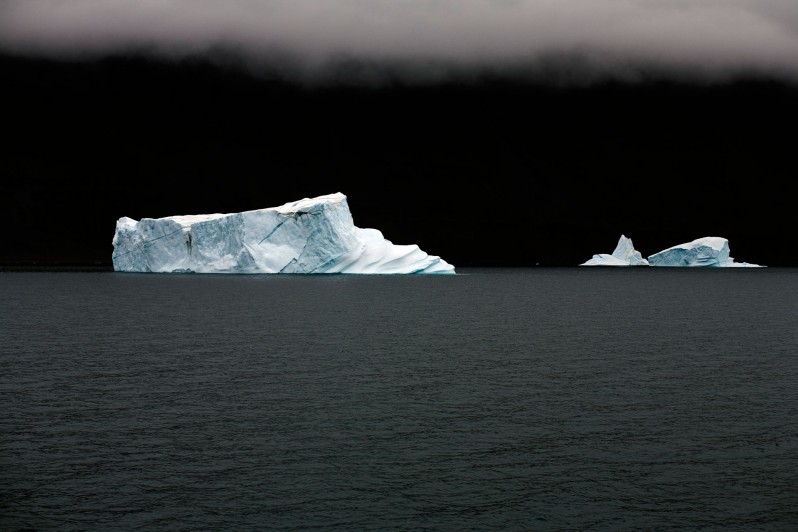
Sea ice at Earth’s poles is dwindling, and it reached record lows this month, scientists report.
